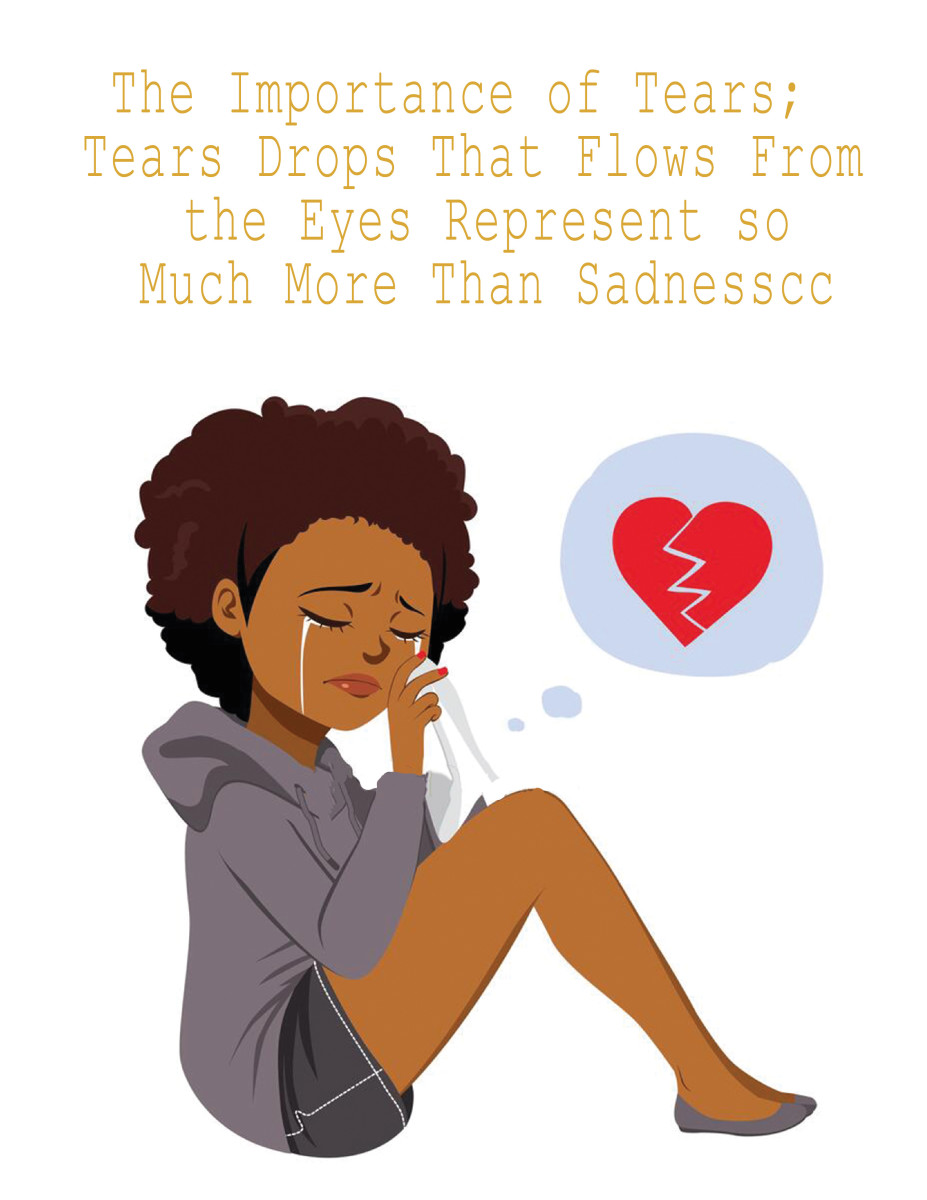- HubPages»
- Health»
- Personal Health Information & Self-Help»
- Mentally & Emotionally Balanced Living
5 Types of Self-Care and How They Help Us to Live a Balanced Life

There are 5 essential types of self-care that this hub will cover:
- Physical
- Mental & Emotional
- Spiritual
- Social & Relational
- Lifestyle
Physical
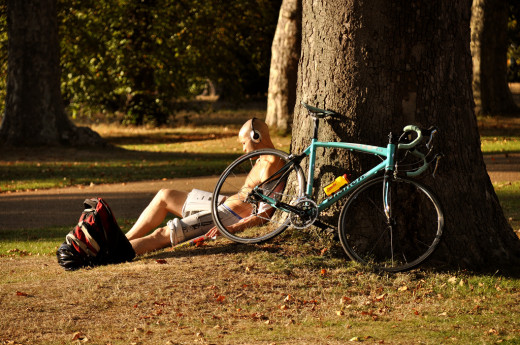
Examples
- Nutrition
- Sleep
- Exercise
- Water Intake
- Medication
- Supplements
- Breathing
In order to feel well, mentally and emotionally, it is important to take care of oneself physically first. Physical self-care involves getting active, eating well, and taking care of your physical health. It's all about moving your body, stretching your muscles, building strength. It's about listening to your body's cues for hunger and fullness. It's about going to the doctor if you feel that you are starting to get sick. All of these activities are essential to achieving a physically healthy lifestyle.
- Nutrition- It is crucial that you eat a balanced diet, and ensure that your body is receiving its daily amount. Aside from the nutritional components, it is vital that you drink the amount of water that your body needs daily. Every major organ in the body requires water to function, and when your body lacks water, that is when health problems and pain can arise.
- Sleep- Another component that cannot be taken for granted is the amount of sleep your body requires to function. Lack of sleep can cause physical pain and can impair your mind and brain to work at its full capacity.
- Exercise- Engaging in physical activities activates different endorphins in your brain that allow you to feel more awake, more alert, and ultimately happy (as it activates dopamine). Aside from the elevation in mood, exercising builds strength, burns fat, and helps you get into shape.
- Medication- If you feel that you are sick, it is important to make a doctor's appointment, or at least try to treat it with over-the-counter products in the beginning stages. Letting sickness go untreated and ignored can lead to further problems (and most of the time, more serious problems).
- Supplements- If you know that you are not eating the proper foods necessary to your daily diet, have vitamins and other nutritional supplements handy to ensure that your body is receiving the required nutrients it needs.
- Breath- If you feel overwhelmed, just breath. Find proper breathing techniques that work for you.
Mental & Emotional

Examples
- Engaging in positive self-talk.
- Trying to maintain positive beliefs.
- Staying in touch with all of your feelings.
- Keep a mood journal.
- Keep a library of positive memories.
- If possible, try to mend broken family relationships.
- Work through your grief.
Practicing mental/emotional self-care means being able to identify, accept, and express a wide range of feelings. It means being conscious of your inner state, and how that specific state of mind is affecting your mood and life.
- Be positive- Being positive refers to not only being upbeat about the world, but it is most importantly about thinking positively about yourself. It is important to engage in positive self-talk ("I am kind," "I am smart," etc). Thinking highly of yourself does not mean being arrogant or conceited, it is simply about promoting positive self-esteem.
- Keep a mood journal- This is a smart way to understand your feelings and emotions. By documenting the fluctuation of your mood over days, weeks, months, you are able to stay in touch with your feelings, and how those positive/negative emotions are triggered.
- Keep a library of positive memories- Think about all of the happiest moments of your life, and the experiences that have made your life worthwhile. Once you collect those thoughts, store them all in a special place in your mind (or a physical folder, album, etc). By having these memories on hand, it becomes easier to fend off negative feelings about yourself and your life because those memories are a reminder that your life is worthwhile and fulfilling.
- Working through grief- If you need a therapist to do this, then that is what is necessary. We all are diverse individuals, and we have been shaped both positively and negatively by our past experiences. Dealing with trauma, loss, and abuse can be hard to come to terms with, but ultimately it is crucial to work through a bitter past in order to ensure a happier future.
- Mend broken relationships- Whether you had a huge falling out with a friend, or grew up in a dysfunctional family, it is important to try to mend those broken relationships in order to build stronger bonds. A lot of the negativity we encounter in our lives can be traced back to poor relationships (especially familial ones). If possible, try to fix the fences, or come to terms with how they effected you (and tell them how you feel), in order to move on.
Spiritual
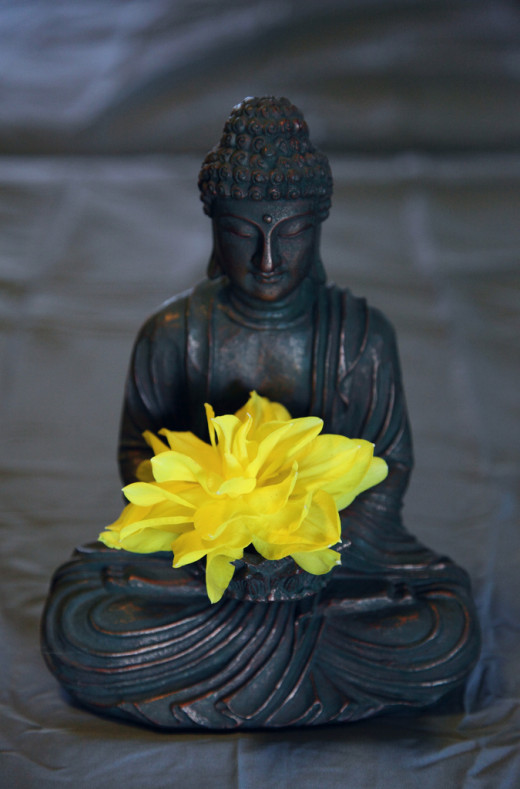
Examples
- Prayer
- Meditation
- Forgiveness
- Contemplation
- Connecting with a spiritual community.
Spiritual self-care is an ongoing process of searching for meaner and a greater purpose to one's life. It's all about exploring and expressing our values and beliefs.
Spirituality is not necessarily synonymous with religiosity, but it does for some people. You can be spiritual through religion in terms of believing in a higher power and engaging in prayer, or it can be something as simple as going out and spending time in nature. Each individual has their own interpretation of what spirituality is and how to engage in it.
- Prayer- Most religions encourage some form of prayer, as a way of communicating with a Higher Power by expressing appreciation, seeking guidance, and asking for help for ourselves and others.
- Meditation- There are many emotional benefits from meditation like gaining a new perspective on stressful situations, increasing self-awareness, focusing on the present, and reducing negative emotions. Meditation can also include forgiveness and contemplation.
- Belonging to a Spiritual Community- Being in contact with other people that share your spiritual beliefs and similar values help to deepen those beliefs, and also provide close support for when you encounter harder times.
Social & Relational
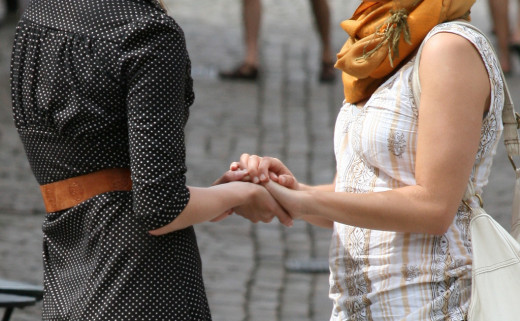
Examples
- Family
- Friends
- Psychiatrist/Therapist
- Spiritual leader(s)
- Support group
Social self-care is all about nurturing the relationships that you have with others outside of your family. Friendships are a critical part of an individual's life, and become even more important over time as people deal with illness, divorce, children, etc.
Relational self-care means strengthening the relationships with significant others (spouses, partners, boyfriend/girlfriend), children, parents, siblings, and other members within your family. Interacting with family members on a daily basis has a significant impact on an individual's health.
Even relationships outside of your friendships and family circle are beneficial to our emotional and physical health.
- Psychiatrist/therapist- If you suffer from a mental disorder, past trauma/abuse, or have trouble identifying and dealing with your emotions, then having a psychiatrist or therapist is essential to your well-being.
- Spiritual Leaders- If you are apart of a religious or spiritual community, having a relationship with your spiritual leader (priest, rabbi, guru, etc.) is helpful when going through difficult times because they are able to give you advice on how to reflect, and can help to strengthen your spirituality in times of doubt.
- Support Groups- There are support groups for almost every kind of situation. Whether you are a recovering addict, suffer from mental illness, grew up in a dysfunctional household, and even dealing with the aftermath of an abusive relationship, there are plenty of groups dedicated to a wide array of issues. Support groups are helpful because they connect a variety of individuals that are coping with the same issue, and they allow for discussion, friendships, and advice for what you are going through.
Lifestyle Changes
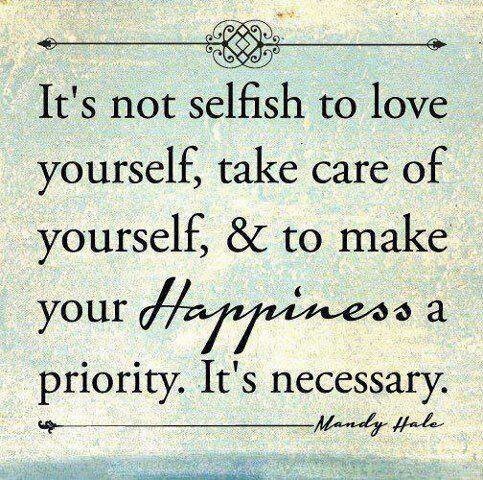
Examples
- Structure and routines
- Relaxation
- Setting goals
- Fulfilling work and other obligations.
- Spend time in nature.
- Engage in pleasurable activities.
In order to live a happier life, it is important to take the necessary lifestyle-changes in order to achieve a more balanced life.
- Find structure- Life can get stressful, and we often can become distracted and overwhelmed. Establishing a daily routine or ritual adds structure and stability to one's daily life. Having a routine helps to manage our energy effectively in order to fulfill our obligations. Overall, structure grounds us. It frames our everyday lives, and ultimately, it is a compassionate discipline in order to keep us on-task and productive. In return, we feel like we have accomplished something.
- Relaxation- It is important to take the time to simply relax and unwind. There are many benefits associated with using proper and appropriate relaxation techniques. Some of these benefits include [slowing your heart and breathing rate, lowering blood pressure, increasing blood flow, reducing activity in stress hormones, reducing muscle tension, improving concentration, lowering fatigue, reducing frustration, and boosting the confidence to handle one's problems.] --- Mayo Clinic
- Set goals for yourself- Setting obtainable goals is just another way of building purpose in your life. By setting goals, you have something to strive for, to work towards, and something to look forward to.
- Fulfill your obligations- Setting achievable goals means that you need to work towards meeting those obligations. Reaching fulfillment in your academics, work, and personal life allows your overall life purpose to be reaffirmed. It tells you that you are moving forward, that you are successful, and gives you a higher sense of accomplishment.
- Spend some time outdoors- Spending time in the outdoors whether it be physical activities such as bike riding, hiking, surfing, swimming, and rock climbing, or spending time reflecting on the beauty of nature, being outside is a natural (pun intended) mood booster. Nature is peaceful and calm, and simply being outdoors can provide the means for physical, mental/emotional, and spiritual self-care.
- Engage in pleasurable activities- Finally AND most importantly, allot a decent amount of time to simply do things you love to do. Whether you are creative and enjoy painting or listening to music, or enjoy things like walking on the beach, sitting outside, reading a good book, or going out to eat, engaging in pleasurable activities just because you want to, is crucial to living a happy lifestyle.







